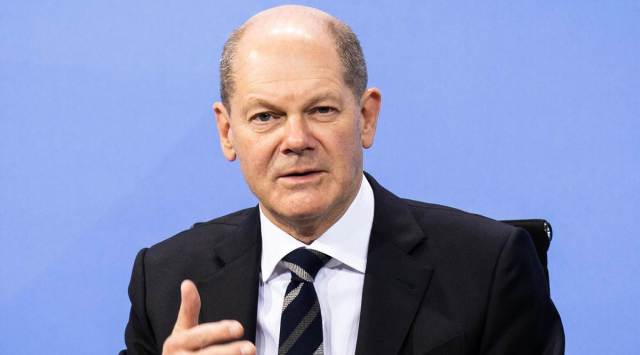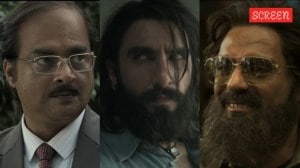
Chancellor, this is your first meeting with Prime Minister Narendra Modi in your current capacity. It comes when Russia’s invasion of Ukraine has posed a new challenge in the geo-political landscape. How do you see India’s position on Russia, what’s your message to India?
The Government Consultations with the Republic of India are the first such consultations since I took office in December. This might give you an idea of the importance the relationship with India has for my administration. I am looking forward to welcoming Prime Minister Modi and several members of his government here in Berlin. This will be an opportunity not only to deepen our already close relationship, but to bring them to a whole new dimension.
The attack on Ukraine by Russia is on the top of the agenda for all of Europe and beyond. Russia’s war breaks with the core principles of the UN-Charter; sovereignty and the inviolability of international borders. The brutality of the Russian aggression against civilians in Ukraine is shocking and appalling. Massacres against the civilian population are war crimes and those responsible must be held accountable. I am confident that there is broad agreement between our two countries on this.
India’s position stems from its dependence on Russia for military supplies. Germany, too, is dependent on Russia for energy security. Do you see both countries responding differently as they make strategic choices?
The Russian invasion of Ukraine shatters the homes, the livelihoods and the very lives of Ukrainians. I have called on President Putin before and I do so here again, to end this war now. As a response to this massive and unacceptable breach of international law, the European Union has adopted – together with our transatlantic partners – unprecedented sanctions against the Russian Federation and against individuals contributing to this war in order to impose on them severe costs for this war.
Story continues below this ad
Many countries have joined these sanctions, even if this necessarily implies economic costs for ourselves. We are furthermore now implementing a very ambitious policy to reduce our dependency on the import of fossil fuels from Russia. We will stop the import of Russian coal this summer, we will phase out Russian oil until the end of the year and will reduce gas imports from Russia severely.
This war, that Russia brought upon Ukraine, has severe consequences for the global economy, affecting, for example, the supply of wheat and food security worldwide. Germany, as G7 presidency, supports our partners in alleviating the effects of Russia‘s war on global food security.
India has faced challenges in its neighbourhood from China, which has amassed troops along the border. China’s action in the Indo-Pacific has also posed challenges…How does Germany’s Indo-Pacific strategy address concerns arising out of Beijing’s actions in the Indo-Pacific?
The intergovernmental consultations are, first and foremost, about German-Indian relations. Of course, we will also talk about international relations and the overall security environment. Our Indo-Pacific guidelines lay down our general approach, which is above all multilateral and inclusive.
Story continues below this ad
The India-Germany intergovernmental consultations are happening after almost three years, and a lot has changed since: Covid-19, conflict in Europe, turmoil in Afghanistan and rise of Taliban. How do the two countries plan to address these…what are the areas of cooperation you are looking at?
India is the largest democracy in the world and a vibrant economy in South Asia. For Germany, India is a like-minded partner of high importance. We want to deepen our cooperation in a wide variety of areas, politically and economically. The fight against climate change and our efforts for sustainable development will be on our common agenda. Germany would also like to contribute to further strengthening the ties between India and the European Union. Concluding a free trade agreement between India and the EU would be an important step in this regard.









